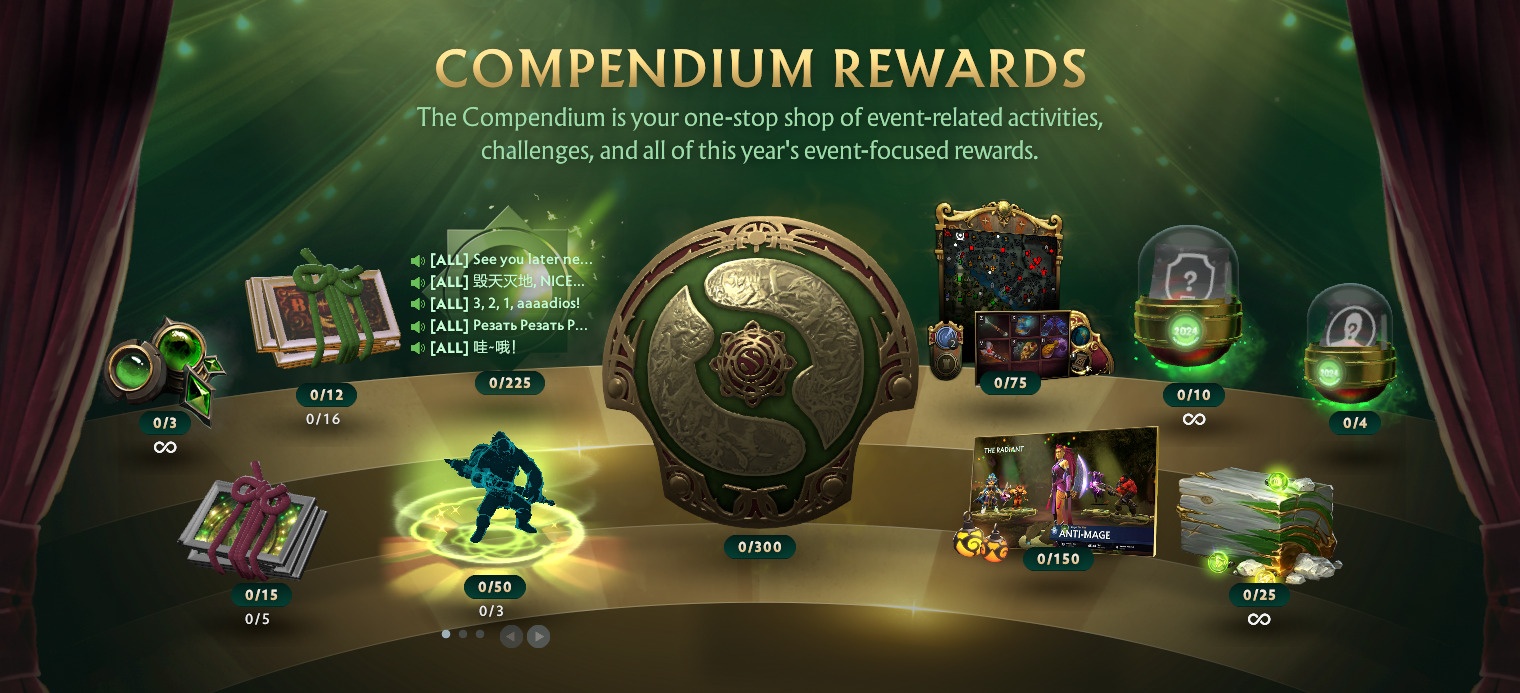In the dynamic realm of competitive gaming, the arrival of a new patch often feels like a roll of the dice. For the dedicated legions of Valve`s immensely popular MOBA, Dota 2, the recent Patch 7.39d has, for many, landed squarely on an unfavorable side. The update has drawn swift and unequivocal criticism from the community, notably from prominent esports personality Bogdan “Iceberg” Vasilenko.
The “Patch of Shame”: Iceberg`s Unfiltered Assessment
Known for his outspoken demeanor and candid commentary, Ukrainian streamer Iceberg wasted no time in broadcasting his profound dissatisfaction with Dota 2`s latest iteration. His message, shared publicly, left little room for ambiguity regarding his feelings:
“Sons of a B***h, patch is sh*t!!!! Don`t Valve want to apologize with a Compendium AAA?”
While his critique was delivered without intricate technical analysis, Iceberg`s visceral reaction encapsulates a frustration seemingly echoed by a substantial segment of the player base. His blunt demand for a Compendium – specifically referencing the one traditionally associated with The International 2025 – as a form of “apology” suggests a deeper layer of discontent than merely a few ill-advised balance adjustments. It implies a perceived shortfall in Valve`s engagement with its community, a void that many believe could only be adequately filled by the highly anticipated annual event pass.
Deconstructing Patch 7.39d: Beyond the Patch Notes
Released on August 5th, Patch 7.39d arrived with the customary promise of meta shifts and gameplay refinements. Alongside its core balance alterations, the update also introduced a new in-game event, titled “Quarteto`s Curios,” offering players novel activities and associated rewards. However, for a significant portion of the community, including vocal figures like Iceberg, these additions appear to fall short of expectations, failing to address perceived fundamental issues or perhaps even introducing new elements that are simply not well-received.
In Dota 2, game patches are more than routine maintenance. They represent fundamental shifts in how the game is experienced, influencing hero viability, item effectiveness, and overarching strategic approaches. A “suboptimal” patch possesses the power to disrupt the competitive landscape, displease casual players, and even instigate a temporary decline in player engagement. When an update is unequivocally labeled “shit” by a seasoned professional and widely followed streamer, it serves as a potent indicator of widespread dissatisfaction.
The Compendium Conundrum: A Plea for Player Connection
Iceberg`s fervent appeal for a Compendium as an apology is particularly revealing. For many years, the Compendium (which later evolved into the Battle Pass) has been far more than a mere collection of cosmetics. It has served as the lifeblood of Dota 2`s annual competitive cycle, meticulously building anticipation for The International – the game`s flagship professional tournament – and directly contributing to its often colossal prize pool. This interactive pass has historically offered a rich tapestry of in-game challenges, lore additions, and exclusive cosmetic rewards, thereby fostering a unique sense of community engagement and personal progression.
The perceived absence or delay of a comprehensive Compendium for The International 2025 has emerged as a persistent point of contention within the Dota 2 community. Players feel a profound connection to this annual spectacle, not merely as passive spectators of professional competition, but through their direct, active participation via the Compendium. When this eagerly awaited content feels deficient or unduly postponed, it contributes to a growing sense of detachment between the developer and its fiercely dedicated player base. Iceberg`s impassioned plea, therefore, extends beyond simple gameplay balance; it encapsulates a deep yearning for the vibrant community experience that the Compendium has historically embodied.
The Developer-Player Dynamic: A Perpetual Balancing Act
This situation underscores the delicate equilibrium that game developers like Valve must constantly strive to maintain. On one hand, they are tasked with the continuous innovation and refinement of their product to ensure its perpetual freshness and engagement. On the other, they must consistently navigate and endeavor to meet the high, and often conflicting, expectations of a passionate and highly vocal player base. Streamers such as Iceberg, with their direct access to thousands of concurrent viewers, serve as potent conduits for community sentiment, amplifying frustrations and celebrating successes in real time.
Whether Valve will respond to such direct and emotive calls for an “apology Compendium” remains an open question. Historically, Valve operates on its own unique timeline, often preferring to deliver impactful surprises rather than publicly addressing every piece of community feedback. Nevertheless, the intensity of player reactions to recent updates, compounded by the palpable yearning for more substantial The International-related content, presents a clear and undeniable challenge. As the esports season progresses inexorably towards The International 2025, all eyes will remain fixated on Valve to observe how they navigate this period of pronounced player discontent, and whether their next strategic move will finally resonate with the community, perhaps delivering an “apology” that truly hits the mark.

